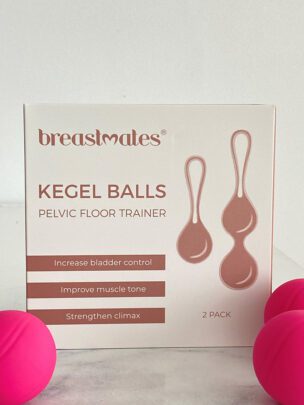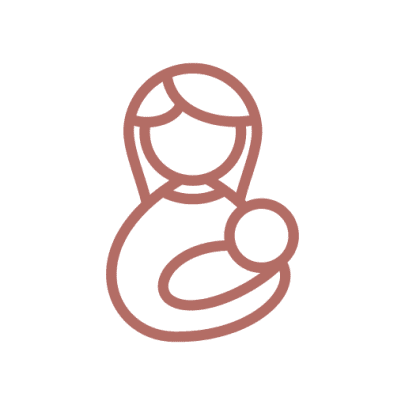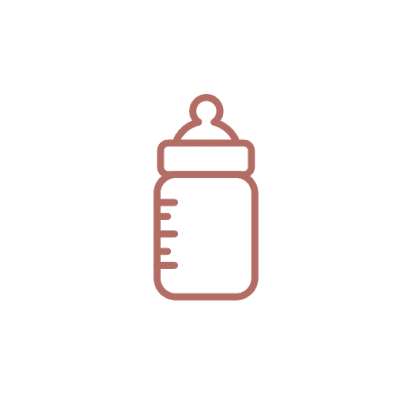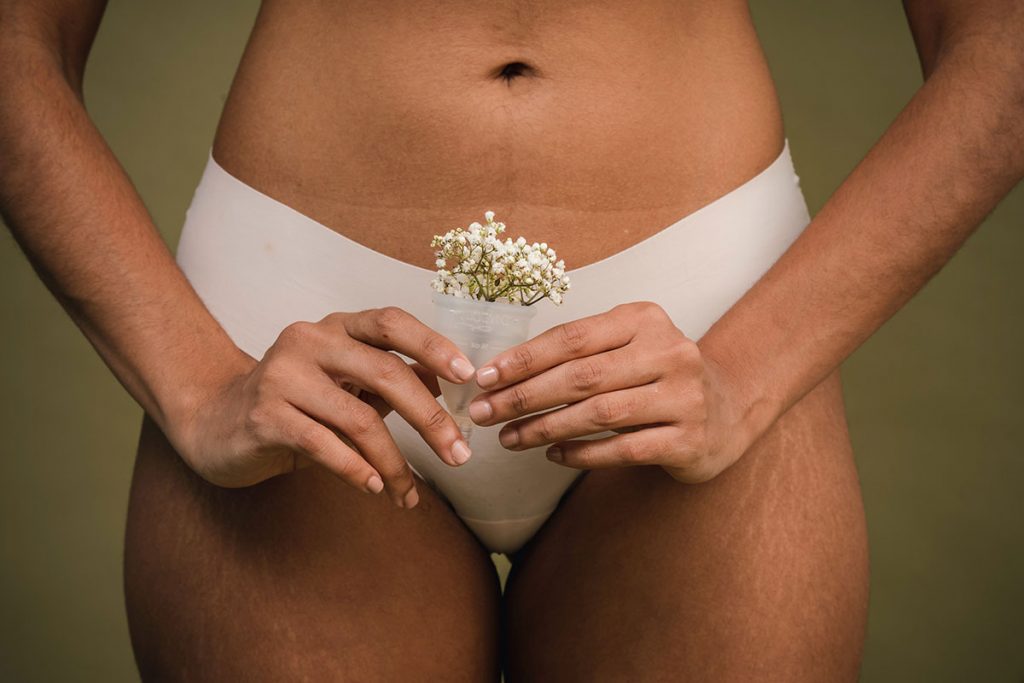Looking after your pelvic floor is more important than you may realise.
How often do you think about your pelvic floor health? Probably only when you remember to do your pelvic floor exercises, right?
When you think of pelvic floor health, you probably think of pelvic floor exercises and feel a little bit guilty that you haven’t been doing yours regularly. But having a strong and healthy pelvic floor is an important aspect of pregnancy and can also be a factor in labour, birth, and postnatal recovery.
Your pelvic floor muscles are located in the bottom of your pelvis, from your pubic bone to your tailbone, and provide support for your internal organs including your uterus, bladder, and bowel. Your pelvic floor muscles help you to control the release of urine, faeces, and wind, and are important for sexual function.
What does my pelvic floor do during pregnancy?
During pregnancy, your pelvic floor muscles are also helping to support the weight of your growing baby inside of your body. As your pregnancy progresses and as your baby grows, the pelvic floor muscles stretch out and may become a bit weak because of the extra weight they’re needing to support. This is partly why many pregnant women feel the urge to urinate more later on in pregnancy – because your baby may be pressing on your bladder, and because your pelvic floor muscles are a weaker, making it difficult to “hold on” when you need to go to the toilet.
That’s why it’s important, prior to getting pregnant, that your pelvic floor muscles are as strong and healthy as possible. Having a strong pelvic floor can help reduce the level of weakness that pregnancy can cause to these muscles. Having healthy pelvic floor muscles can also help you during labour and birth, particularly if you are having a vaginal birth.
Even if you have a Caesarean section, your pelvic floor muscles will be under strain from your pregnancy. But no matter what kind of birth you have – vaginal or C-section – having a healthy pelvic floor will also help your body to recover more quickly following labour and birth.
If something doesn’t feel quite right down there
Some women experience incontinence during or after pregnancy, which is when the pelvic floor muscles are such a state of weakness that you can’t hold on to urine (and sometimes faeces and wind) and may leak urine, or need to go to the toilet right away when you get the urge.
While TV commercials may encourage you to think that incontinence is “normal” after having a baby, and just something you have to suffer through, that is not the case. You may need to see a pelvic floor physiotherapist and relearn how to do pelvic floor exercises (as your sensations may have changed post-childbirth). You may also need other intervention. Please talk to your LMC or GP and don’t suffer in silence.
Many women also experience a level of prolapse following childbirth, which is when some of the internal organs shift in your pelvis and put pressure on your pelvic floor, or may even start to “fall” out of the vagina. If you notice any bulges or feelings as though your insides are falling out, please see your LMC or GP, as this is a condition that you need and deserve help with.

How can I strengthen my pelvic floor?
The most common way to strengthen your pelvic floor muscles is to do regular pelvic floor exercises (also called Kegels). If you aren’t sure whether you’re doing your pelvic floor exercises correctly, or you’re not sure which muscles you should be squeezing (hint: It’s not your rectum, and you shouldn’t be holding your breath!) have a chat to your LMC or GP.
Other ways you can help keep your pelvic floor healthy are to maintain a healthy level of weight gain prior to and during pregnancy and, after your baby is born, do safe exercises once you have been cleared by your LMC – avoid anything that puts too much pressure on your pelvic floor. It’s a good idea to see a women’s health physiotherapist for guidance around this.
Above all, give your body time to recover from birth before you jump back into exercise (literally – take it easy on the jumping for now). Growing a baby can take a toll on your pelvic floor, and you need to look after yourself, particularly in the early months of your baby’s life when your body is still healing.
What next?
We have a range of postpartum products on Breastmates store
A product for toning AFTER PREGNANCY is the Breastmates own brand of Kegel Toning Balls to assist you, as these weighted silicone balls work while you wear them.









